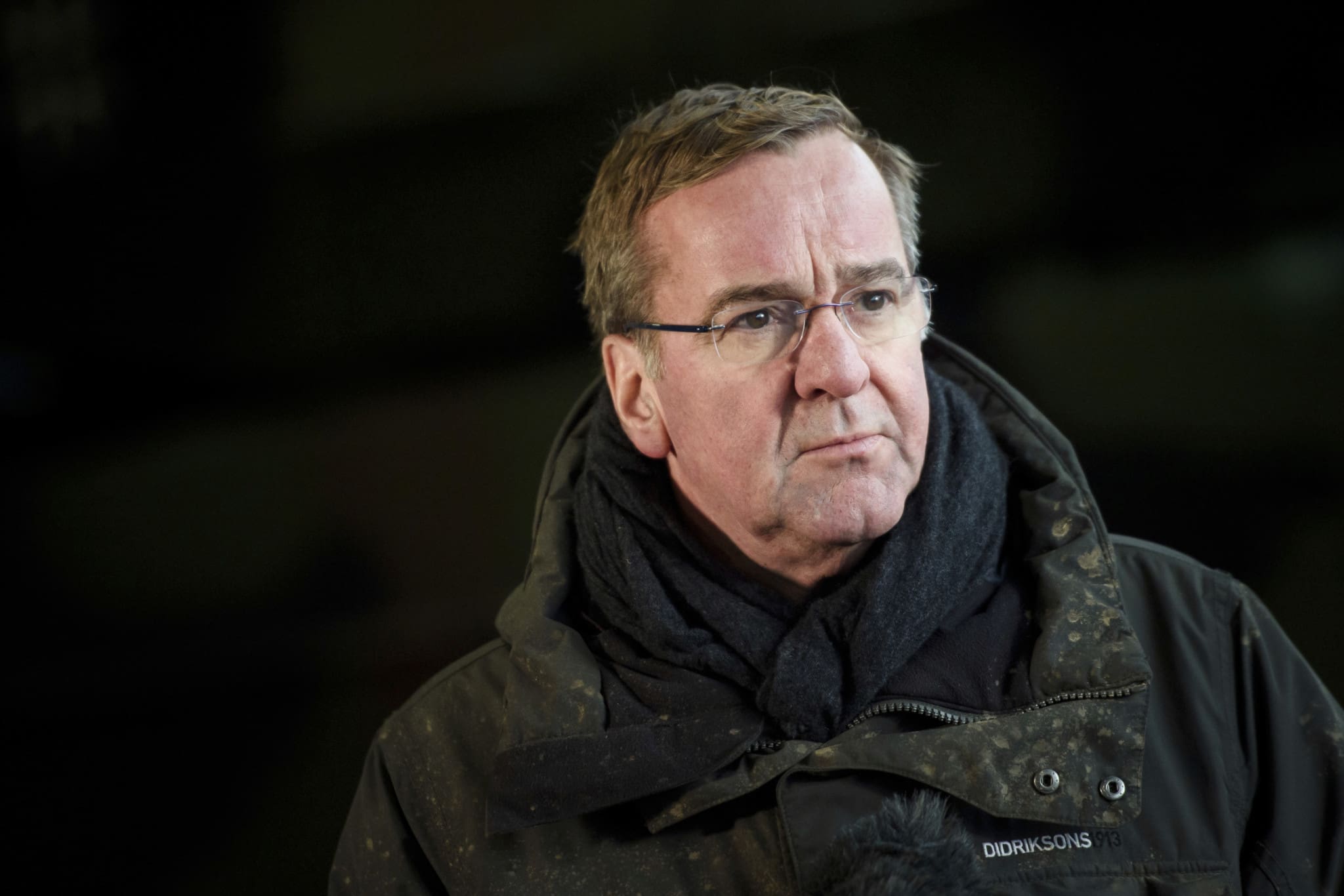The German army is currently not fit for purpose and would be unable to defend Germany from any substantial attack, the country’s Defense Minister Boris Pistorius has told his parliamentary colleagues in a devastating critique of Germany’s current military capability.
Speaking at a meeting of the SPD parliamentary group on Monday evening, Pistorius slammed previous German administrations who failed to fulfill the country’s NATO obligations with regard to defense spending and suggested its military would currently fold to any considerable threat by an aggressor.
“We do not have an armed force capable of defending Germany or its allies against an aggressor like the Russian army. In the past, we did not fulfill our obligations in NATO. Now, we have to make the necessary contributions as a country,” he told parliamentary colleagues.
“If you can’t show deterrence in time against autocrats who do not fear occupation and brutality, you will have to surrender. If you are responsible for the safety of people living in Poland or elsewhere, you must also fulfill your contractual obligations. As a country, we must ensure that deterrence works again as soon as possible.
“The Bundeswehr urgently needs weapons, big equipment, ammunition, and also soldiers,” he added.
[pp id=63199]
Pistorius’ remarks have been met with approving nods from politicians across the political spectrum and military personnel alike.
Metin Hakverdi, an SPD colleague said: “Pistorius clearly names the challenges and at the same time emphatically advocates better equipment for the Bundeswehr.”
Katja Leikert, an MP for the CDU opposition, added: “In essence, Mr. Pistorius is unfortunately right. We were very fortunate to live in peace for many years. The price for this was that we grossly neglected our ability to defend ourselves.”
The chair of the Bundeswehr Association, André Wüstner, told the Bild newspaper: “It is impressive how honestly and truthfully the defense minister describes the situation in the Bundeswehr. The troops have not known heard such clarity in many years. But it is also clear that the federal government must act now. It can’t stay like this.”
Despite it being a NATO requirement to spend a minimum of 2 percent of a member’s GDP on defense, Germany has failed to fulfill this obligation for over three decades. The last time it met this criteria was back in 1991. In 2021, it spent 1.3 percent of its gross domestic product on its military.
[pp id=57415]
The country’s unwillingness to bolster its defenses has taken its toll on an increasingly tired and inadequate military, and several recent reports have revealed the extent to which the German army is on its knees.
A damning leaked report to the Die Welt newspaper in December last year told how the Bundeswehr had a concerning lack of equipment, resulting in sizeable gaps in its operational readiness. It warned that Germany was only partially ready to lead NATO’s Very High Readiness Joint Task Force (VJTF) in Europe, which it took over as the leading nation in 2023.
The report, which uses a traffic light system to grade operational readiness, classified Germany’s VJTF equipment as yellow, explaining the German army was “partly limited in terms of quality” and could only meet “minimal requirements.”
In the same month, German newspaper Der Spiegel reported how the German army had tested the readiness of its battalion of 18 modernized Puma tanks intended for the NATO Response Force (NRF) this year and revealed that not a single one of the tanks was deemed fit for action.
[pp id=59268]
Pistorius’ comments align with the general consensus held by the German electorate about the country’s military capabilities. A staggering 85 percent of Germans do not believe the current equipment available to the Bundeswehr is fit for use, according to the results of an annual poll conducted by Infratest dimap for the Die Welt newspaper published last month.
The new defense minister’s predecessor, Christine Lambrecht, ultimately resigned in January for bearing the brunt of a number of failures in the German military’s procurement contracts, major malfunctions of military equipment, and insufficient action in helping Ukraine.
It is clear that swift action is required to restore confidence in the country’s defense capabilities, and Pistorius appears intent on introducing radical steps to address the crisis.
One change in policy suggested by the SDP politician, and supported by the AfD opposition party, is a return to some form of national service.
Pistorius recently told Bavarian newspaper Süddeutsche Zeitung, “It appears that the people have lost the awareness that they themselves are part of the state and of society. Taking responsibility for a set period could open eyes and ears to that.”
It could also offer much-needed members to an ailing military, whose numbers have gradually depleted to just 183,500 active personnel, ranking the Bundeswehr as the 28th largest army in the world.






